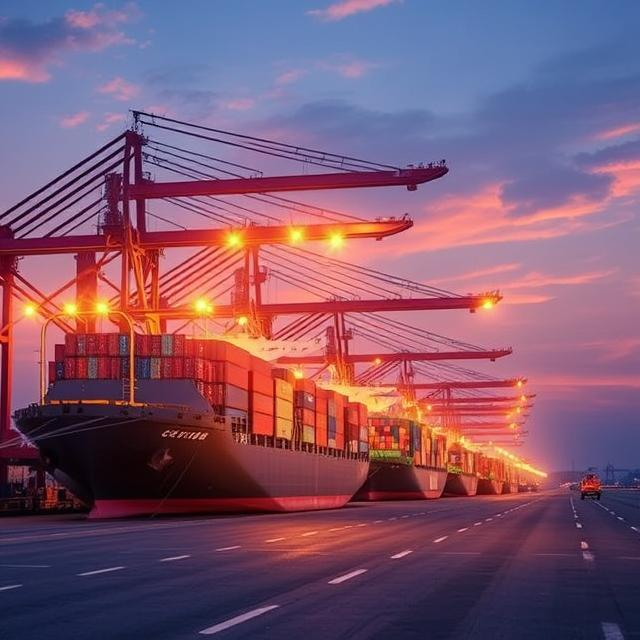Vietnam’s strategic location and growing economy make it a crucial hub for international trade. However, navigating the customs clearance process can be complex due to stringent regulations and procedural requirements. A cargo agent plays a vital role in ensuring smooth customs clearance, helping businesses avoid costly delays.
Understanding Vietnam’s Customs Clearance Process
Customs clearance in Vietnam involves multiple steps, including documentation submission, duty and tax payments, cargo inspection, and final approval. The key documents required typically include:
- Commercial invoice
- Packing list
- Bill of lading or airway bill
- Import license (if applicable)
- Certificate of origin
- Customs declaration form
- Documentation Preparation and Verification
- Customs Liaison and Communication
- Tariff Classification and Duty Calculation
- Cargo Inspection Coordination
- Problem Resolution and Contingency Planning
- Time efficiency: Reduced customs processing time.
- Cost savings: Avoidance of penalties and storage fees due to delayed clearance.
- Regulatory compliance: Up-to-date knowledge of Vietnamese trade laws.
- Risk mitigation: Lower chances of shipment rejections or confiscations.

